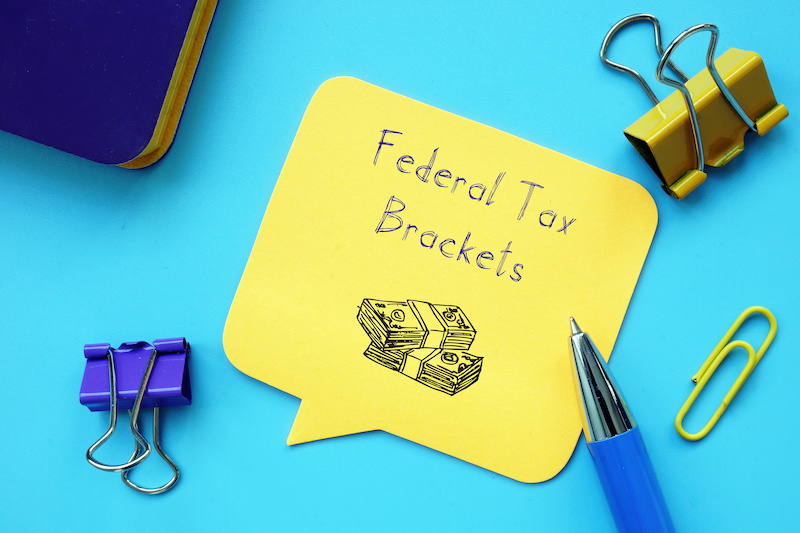
Part 1 in a 2-Part Series
Every trust has at least one grantor, also known as the trust maker. This is the person who creates the trust. This confuses people since the court uses the terms grantor trusts and Nongrantor trusts. However, understand that neither term refers to the existence or nonexistence of the trust maker. The person who created the trust is the trust maker. These terms refer to the trust’s income tax (typically not estate or gift tax) liability.
Grantor Trusts versus Nongrantor Trusts

With a grantor trust, the trust maker retains certain powers over the trust. These include such as the power to revoke or cancel) the trust. What’s more, they can add trust beneficiaries. Finally, they maintain power to borrow from the trust without providing collateral. Because the trust maker retains some level of control over the trust and its accounts and property, the government taxes all trust income.
Trust Makers

On the other hand, with a nongrantor trust, the trust maker has given up all power over the trust and has no right to any of the trust’s accounts or property. In many circumstances, the trust maker may not even be a trust beneficiary. About income taxation, this lack of control means that the trust maker is not treated as the owner and is not taxed on any income of the trust.
Nongrantor Trusts

Rather, the nongrantor trust is a separate taxpaying entity with its own tax identification number that must file its own tax return (Form 1041 for federal income tax reporting). If the trust makes a distribution of taxable income to a beneficiary, then the beneficiary reports the distribution on their own income tax return and the trust takes a corresponding offsetting deduction on its return. If the trust receives income and does not make any distributions, and therefore does not have any offsetting deductions for distributions, then the trust is taxed on that income. Trust income tax rates are steep: a nongrantor trust reaches the top federal tax bracket rate of 37 percent on income over $13,450.
Check back next week, when we complete this two-part series, focusing on the pros and cons of a nongrantor trust.

About Skvarna Law Firm in Glendora and Upland, California
A skilled attorney can assist with your estate plan. Contact us today to learn about your options (909) 608-7671. We operate offices in Glendora and Upland, California. We provide legal services for individuals living in San Bernardino, Los Angeles, Orange, and Riverside Counties. This includes the cities of Upland, Ontario, Rancho Cucamonga, Fontana, Colton, Rialto, Chino, Chino Hills, Glendora, Claremont, Montclair, Pomona, La Verne, San Dimas, Azusa, Covina, West Covina, Diamond Bar, Walnut, La Puente, Corona, Norco & Mira Loma. Visit SkvarnaLaw.com to learn more.


